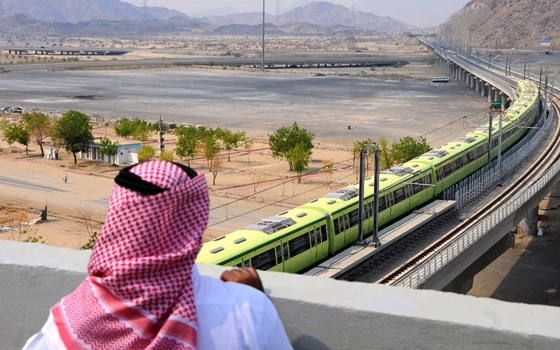The recently awarded multi-billion dollar contracts for two of the Gulf's biggest rail schemes signals a turn of fortune for the planned GCC rail network that hopes to address mounting urban mobility issues confronting the region.
Qatar Railways Company awarded design and build contracts worth $8.2 billion for phase-one of its Doha Metro project, while Saudi Arabia's Arriyadh Development Authority (ADA) signed more than $22bn of contracts for the delivery of the Riyadh Metro.
According to MEED, these rail developments represent two of the region's biggest metro schemes. In Riyadh, contractors will build 176 kilometers of metro lines within five years – an undertaking that even seasoned metro builders say has never been taken on before. The Doha Metro also involves the construction of multiple tracks. Both schemes face a multitude of challenges ranging from land acquisition to traffic management and manpower to financing.
With these domestic projects now moving forward from concept to execution, experts say the GCC rail network is closer to forging ahead. Once completed, it will not only help address road congestion but also from a macro-economic perspective, boost economic growth, diversify economies, boost inter-regional trade and enhance the possibility of major Gulf cities becoming international trade hubs.
With such far-reaching implications, the region's rail network aspiration has become a priority development goal for GCC member countries and a matter of keen interest for international stakeholders.
The regional network could be operational as early as 2018 but experts say an operational GCC-wide network might take a few more years beyond 2018; chances of it becoming a reality are better as most GCC countries are striving ahead with implementing the domestic rail infrastructure needed to form the backbone of the integrated GCC rail network.
A feasibility study into the GCC rail project was concluded in 2009 and the scheme is expected to involve the construction of 2,177 kilometers of track and cost at least $15.5 billion to $20 billion. If all of the metropolitan rail schemes currently planned go ahead, then by 2030, almost every major city in the GCC will have some form of metro or light-rail network.
The Saudi Gazette
24 September























































